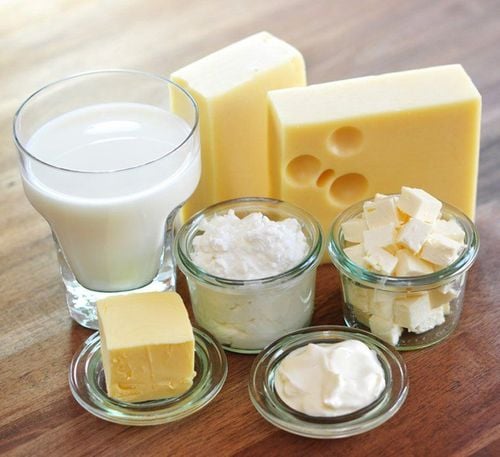This is an automatically translated article.
The article was professionally consulted by Resident Doctor Ho Thi Hong Tho - Neonatologist - Pediatrics - Neonatology Department - Vinmec Phu Quoc International General HospitalMost young children can eat cheese as soon as they get used to chewing or sucking on different foods? To avoid choking, cut cheese into small pieces the size of your baby's fingertips.
1. Time for children to eat cheese
The American Academy of Pediatrics (AAP) Division of Allergy and Immunology says: Most children can start eating cheese after some traditional solid foods (such as cereal, ground meat) purees, vegetables and fruits). Usually this activity will apply to children between the ages of 6 and 9 months.However, this depends on the location of each child. You can give your baby cheese later after the baby is 1 year old.
The reason for this difference may be that some children are allergic to milk. Or children with chronic eczema , food allergies, need to talk to the doctor before giving your baby cheese. Cheese is not one of the top allergenic foods, but it can still cause an allergic reaction because cheese contains milk proteins.

Trẻ em 1 tuổi đã có thể bắt đầu ăn phô mai
2. Signs of a food allergy
Swelling of the face (including tongue and lips), skin rash, Wheezing, abdominal cramps, vomiting and diarrhea . If your baby shows any of these signs of being mild or severe or has trouble breathing right after eating a new food, call the doctor and get your baby to the emergency room right away.
Make sure whether the cheese is made from cow, sheep or goat milk, but make sure the products are pasteurized. Because cheese made with unpasteurized milk (or raw milk) should not be given to infants because it may be contaminated with the bacteria listeria monocytogenes. This is a form of bacteria that can cause deadly foodborne illness, especially in infants and young children.
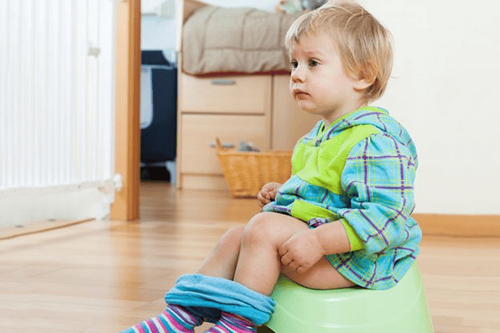
Trẻ có thể bị tiêu chảy sau khi ăn phô mai
3. Health benefits of cheese for children
Cheese is delicious and easy to pair with many foods. Babies not only eat easily but also get many health benefits from cheese. Some of the benefits are:Cheese is rich in calcium, which is necessary for the development of healthy teeth and bones. Cheese is rich in protein and nutrients such as: Vitamin D is necessary for building the body. Vegetarian families benefit greatly from cheese as it is rich in Vitamin B12 and protein, which are found in abundance in meat. Cheese contains a lot of calories to help your baby get all the energy he needs throughout the day. Cheese is great for teeth and is known to prevent tooth decay.
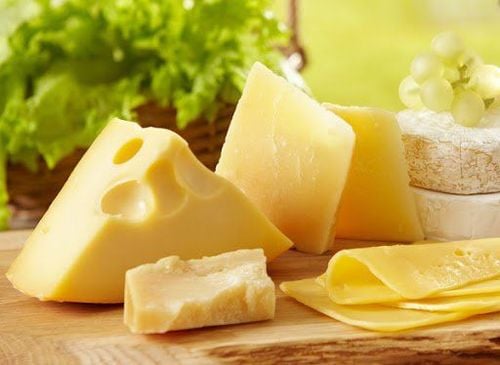
Phô mai có hàm lượng canxi cao
4. Safe and unsafe cheeses for children
There are different types of cheese to choose from when looking for one that can be fed to your child. However, not all cheeses are suitable for young children; In particular, cheeses made from unpasteurized milk should be completely avoided.
When choosing dairy products like cheese parents should be careful because some cheeses contain listeria bacteria, a bacteria that can cause food infections that can be fatal to babies. Therefore, you should give your child cheese made from pasteurized milk. Here is a list of some cheeses that can be used by children:
Cheddar Edam Parmesan Colby Jack Colby Swiss Mozzarella Romano Paneer Babybel Leicester Red Provolone Jarlsberg Cheshire Lancashire Gouda Grana Padano Cottage Cheese Mascarpone Ricotta Cream Cheese roof
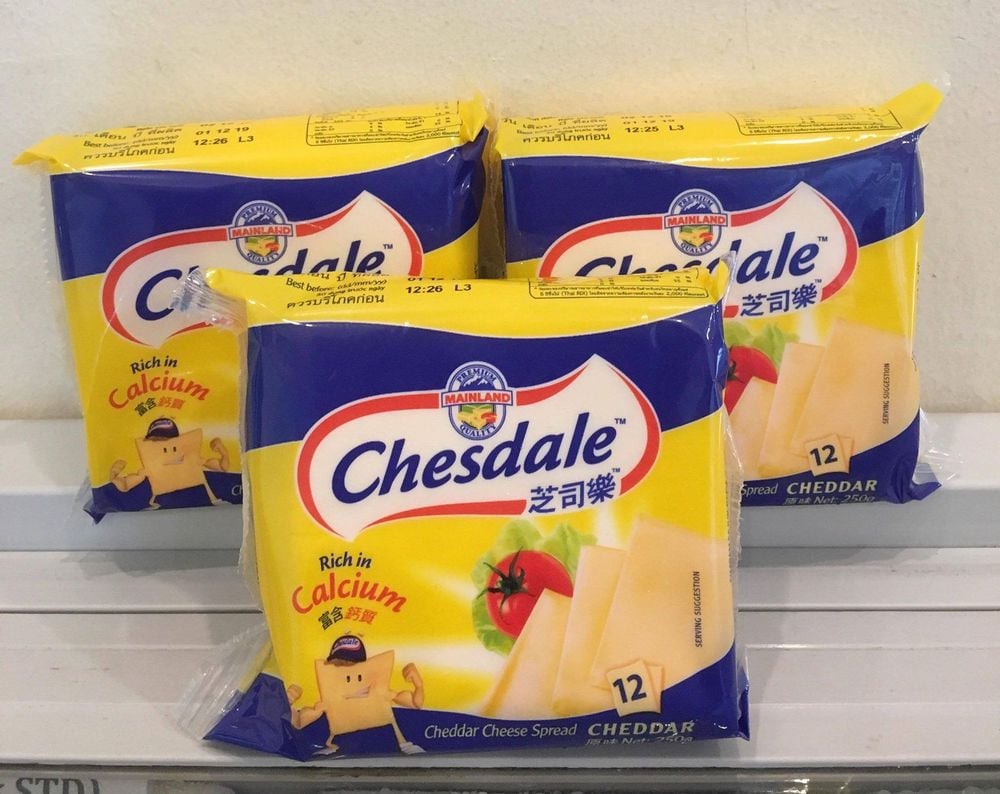
Phô mai Cheddar được khuyến khích cho trẻ ăn
Cheeses should be avoided until the child is one year old. Because they are usually made from raw or unpasteurized milk:
Camembert Cheese French soft cheese Chevre Queso Fresco Queso Blanco Stilton Green Denmark Saga Gorgonzola Wensleydale Roquefort Also, avoid processed cheese. Processed cheese is not a form of whole cheese. While it may look and taste like cheese, it's often added flavors and emulsifiers. They are produced by adding flavor enhancers and preservatives to keep them longer.
Therefore, try not to buy any processed cheese to feed your baby because the chemicals contained in it are not suitable for the baby. Look for natural cheeses in organic stores that are made with natural ingredients.
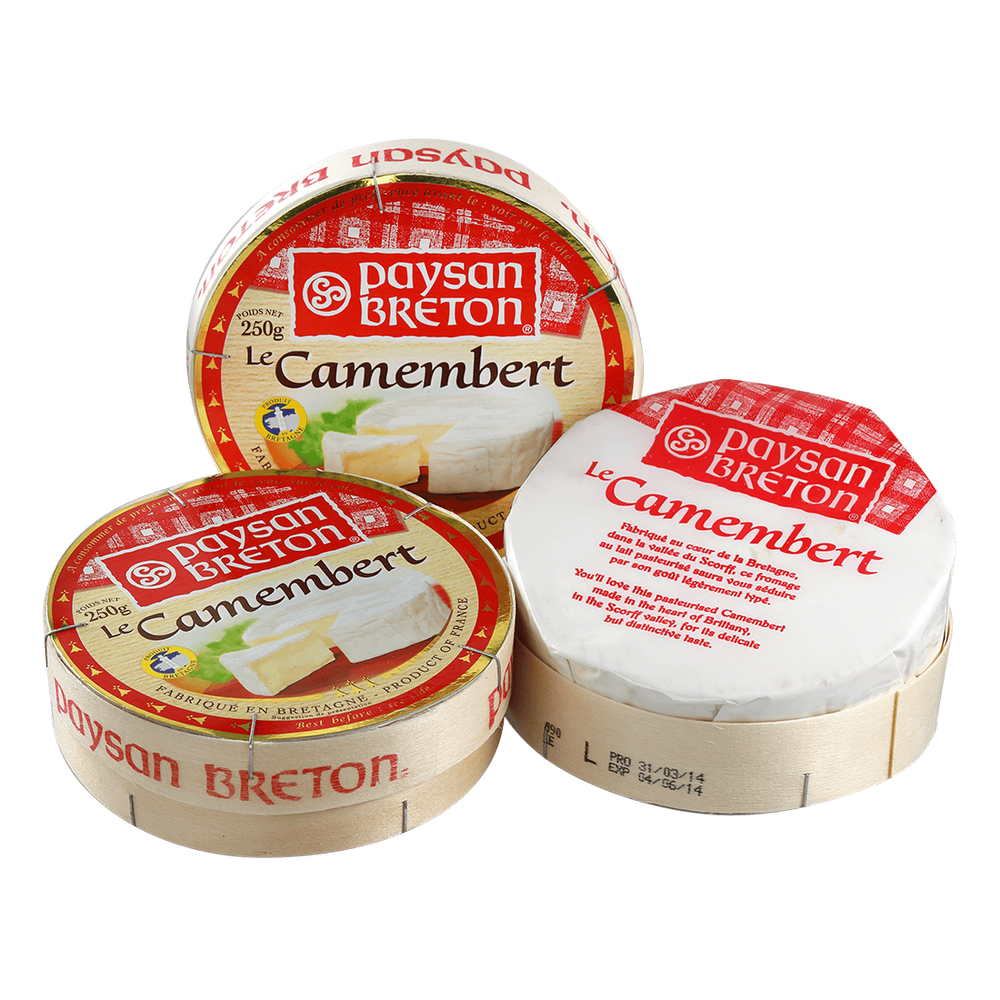
Phô mai Camembert nên tránh đến khi trẻ được một tuổi.
5. How to feed children with cheese
When you decide to give your baby cheese, remember to start with only mildly flavored cheeses. Strong-tasting cheese can be irritating and immediately disliked by your baby. Here are some methods to start introducing cheese to your baby:
5.1 Melted cheese
Melt the cheese with a bit of bread or crackers to give to the child as a snack.
5.2 Cut cheese into small pieces
Give your child small pieces of cheese that are small enough for them to pick up. Make sure the pieces are small to avoid the risk of choking.
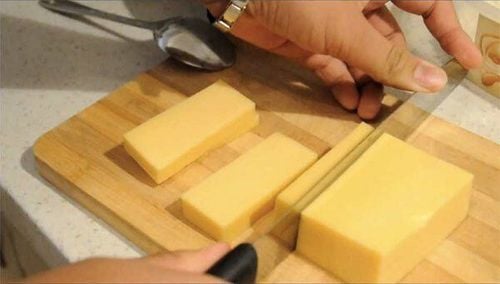
Ba mẹ lưu ý thái nhỏ phô mai trước khi cho trẻ ăn
5.3 Mixed cheese mixed with vegetables
Melt some cheese over the diced vegetables and wait to dry. Let it be in every little bit that's easy enough to get.
5.4 Cheese with eggs
Add a little cheese to the egg while it's cooking.
6. Notes to follow when giving cheese to children
Like any other new food you introduce to your baby, cheese also carries the risk of causing an allergic reaction. Check these precautions before you start:
6.1 Observe carefully
Allergic reactions can start as early as 20 minutes or within the first few hours. Look for symptoms such as: Swollen lips, red eyes and face, skin rash; These are signs of an allergic reaction. If your child is lactose intolerant, you may find him experiencing stomach problems, stomach cramps, and diarrhea.

Luôn chú ý các phản ứng có thể xảy ra khi trẻ ăn phô mai
6.2 Consult a pediatrician
If your baby is allergic to dairy products or has eczema or asthma, talk to your pediatrician about giving cheese and only do it if they allow it.
Cheese is a great addition to a child's food. Experiment with different varieties to find the type of cheese your child likes. Remember to consult your doctor about when to eat cheese and before introducing solid foods, especially cheese, and always test for allergies before introducing cheese into your baby's diet. .
In addition to nutrition, parents also need to supplement their children with other important vitamins and minerals such as zinc, lysine, chromium, B vitamins,... resistance to get sick less.
Please regularly visit Vinmec.com website and update useful information to take care of your baby and family.
Reference source: nhs.uk, babycenter.com










